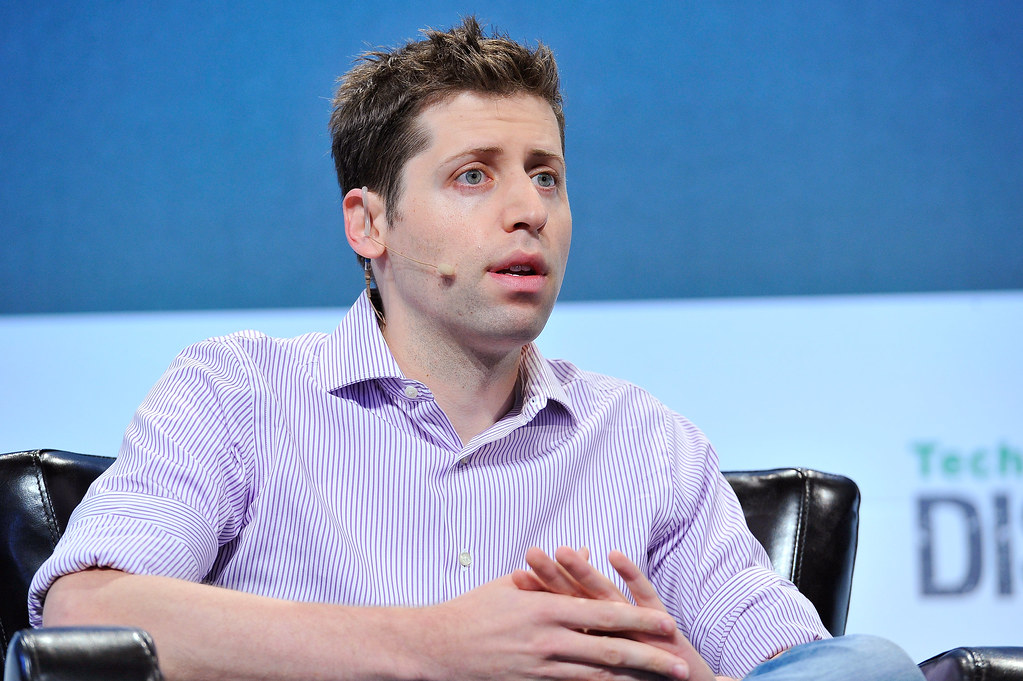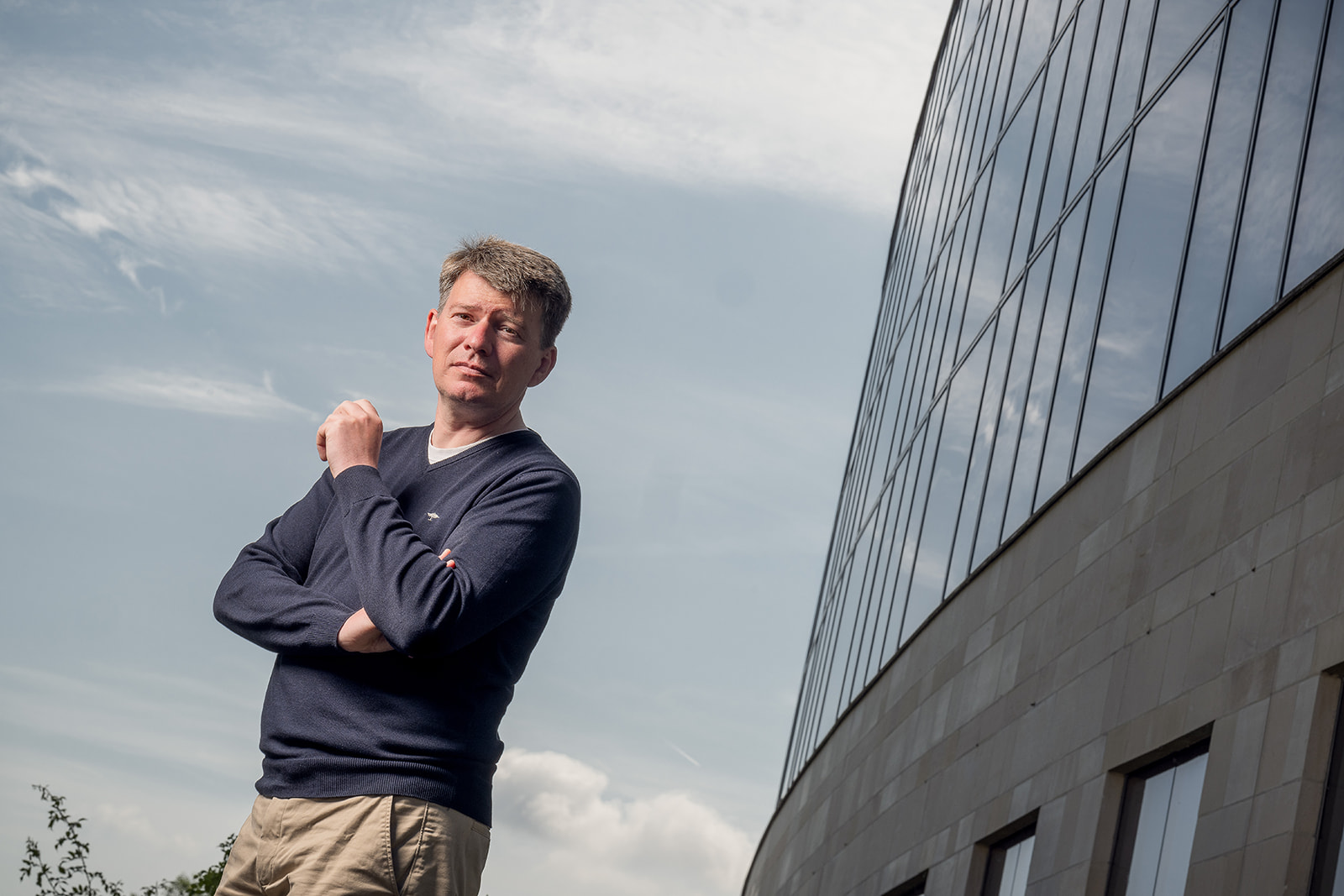Surprisingly, OpenAI investors had no influence on the company’s board of directors, which has prevented them from playing a more decisive role in the removal and subsequent reinstatement of Sam Altman as CEO.
Many industry players have speculated about the reasons why investors did not insist on a seat on the board. “With successful startups, governance gets pushed aside very quickly,” one investor told.
OpenAI’s venture capital investors did not stop to reflect on the company’s mission to serve “humanity” by developing artificial intelligence. They also did not think about the profitability of their investment. All they had thought about was their faith in one person in particular: Sam Altman .
Luckily for them, after being abruptly fired last Friday , the man they had supported to run the ChatGPT developer has returned.
Altman has been instrumental in helping OpenAI and its employees cement its position as Silicon Valley’s most successful startup , and convincing any investors to take a piece of the pie. ” Demand far outstripped supply ,” an investor specializing in AI startups—who asked not to be identified—told Business Insider .
Altman’s incredible reputation among venture capitalists has played a huge role, investors say, and no one expected OpenAI’s board of directors to make the decision to oust him . ” People assumed that Sam was in charge ,” said the investor.
After Altman’s dismissal and despite criticism, Vinod Khosla, one of the first investors in OpenAI, came to the businessman’s defense.
“I would trust @sama’s ethics and integrity in balancing everyone’s interests and presiding over a power tool like @OpenAI above ALL other prominent people in tech, business, Hollywood, politics or non-profit organizations, to the same level that I trust Professor Yunus,” Khosla said on his X account (the old Twitter).
But before OpenAI became one of the biggest names in the tech industry, venture capitalists looking to make a profit stayed away from the company because of its nonprofit foundation, another investor said . has asked not to be named.
OpenAI’s bylaws clearly state that the company’s “primary fiduciary duty is to humanity ,” not for-profit investors.
Still, the rapid development of its technology under former Y Combinator president Sam Altman has allowed many investors to look the other way when OpenAI came to ask for capital in 2019. ” With successful startups, governance is put aside very soon “, the investor has indicated.
That moment opened the floodgates of venture capital investment and firms such as Thrive Capital, Tiger Global Management, Khosla Ventures and Sequoia Capital knocked on the door of the ChatGPT developer with checks to invest. And, since then, Microsoft would have offered about 13,000 million dollars – 11,900 million euros – to take over a 49% stake in the company.
OpenAI’s complex and unique corporate governance structure allowed venture capital firms to invest in its for-profit division without influencing the nonprofit board of directors, which is composed entirely of co-founders or external intelligence experts. artificial.
This was an incredibly unique situation in the business world .
“Almost all of my boards have had fiduciary obligations to shareholders, not to humanity,” said Wesley Chan, co-founder and managing partner of FPV Ventures, a $450 million fund for early-stage companies.
OpenAI is governed, first and foremost , as a non-profit organization, with a board of directors that, before all hell broke loose , consisted of: Greg Brockman , co-founder and president of OpenAI (who also served as chairman of the board ); Ilya Sutskever , co-founder and chief scientist of OpenAI; Tasha McCauley , deputy management scientist at the Rand Corporation and wife of actor Joseph Gordon-Levitt ; Helen Toner , director of strategy at Georgetown’s Center for Security and Emerging Technologies; Adam D’Angelo , CEO of Quora; and Sam Altman , CEO of OpenAI.
Even so, Altman’s direction and the technology itself and the potential it demonstrated to have were the main reasons that led many funds to want to invest.
“I think people clearly realized that this is going to be very, very transformative, so I think they were willing to overlook a lot of things ,” suggested Karthee Madasamy, founder and managing partner of MFV Partners, a firm that specializes in cutting-edge technologies such as AI, robotics or quantum computing .
However, it is possible that some investors were willing to become “friends of the founders” and, in the case of OpenAI, one of the biggest names in Silicon Valley was hard to turn down.
Madasamy, who was CEO of Qualcomm Ventures and once served on the board of Waze, said that in the last five or six years, this founder-friendly attitude has been common among startups where Boards of directors do not want to be too restrictive with their founders.
Khosla defended OpenAI ‘s board structure in “There is nothing wrong with combining the best of both worlds,” said this expert .
In response to Khosla’s argument, David Sacks, a venture capitalist at Craft Ventures, posted on Silicon Valley context .”
It is likely that, as part of the agreement to return Altman to CEO of OpenAI, the structure of the board of directors and corporate governance will change.
As published by The Verge , the purpose of the new OpenA I board—formed by D’Angelo , current board member; Larry Summers , former United States Secretary of the Treasury; and Bret Taylor , former co-CEO of Salesforce—will be appointing a new board of up to nine people, of which Microsoft and Altman have already asked to join.
It remains to be seen what will come next.



